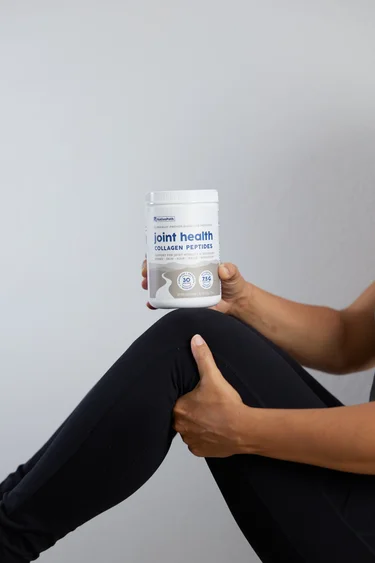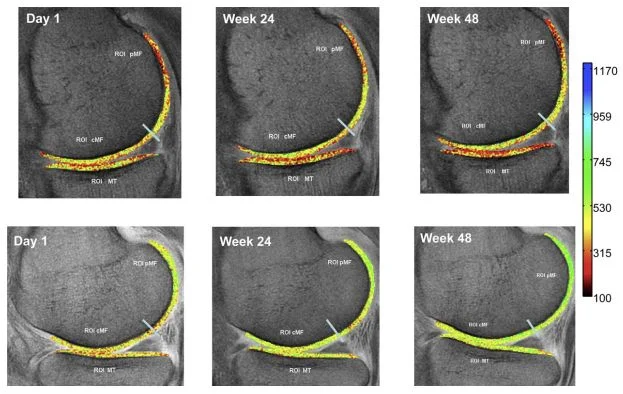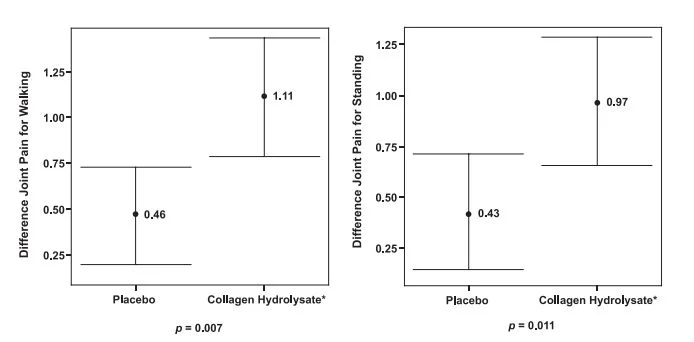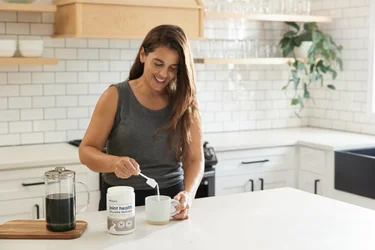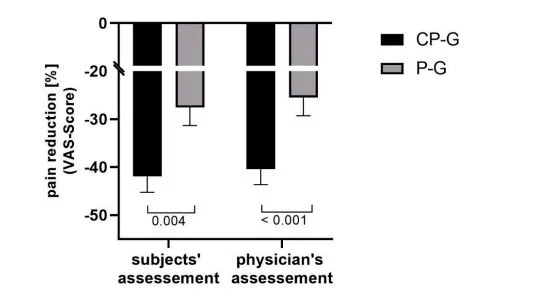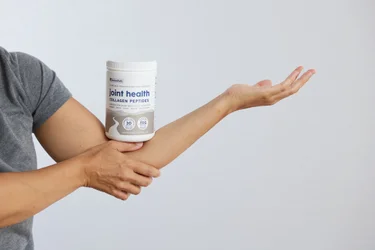Think of collagen as the glue that holds your body together. It provides structure and support to all of your connective tissues, including your skin, bones, ligaments, tendons, and the cartilage that protects your joints. In fact collagen makes up about 60% of the dry weight of cartilage (2).
Here are a few things to know about the cartilage in your joints:
- The cartilage in your ankles and knees range in thickness from 1.0 to 1.62 mm and 1.69 to 2.55 mm respectively, while the cartilage in your hips is about 1.35 to 2.0 mm thick (3). For reference, a credit card has a thickness of about 0.76 mm.
- As your cartilage wears down, you may experience joint pain, stiffness, clicking, creaking, locking, and swelling.
- A physical examination and MRI scan are most commonly used to assess the damage to your cartilage.
The main reason you don’t experience creaky joints and popping knees when you’re young is because you have a plethora of collagen in your body—and joints. It’s not until your mid-to-late 20s when this natural collagen production begins to decline. And by the age of 40, you’re losing about 1% of your collagen per year (4). By 60 years old, you’ve lost roughly 50% of the collagen you were born with.
This steep decline in collagen is most likely correlated to many of the joint pains you may face: joint stiffness, popping and cracking, pain or discomfort, decreased shock absorption, reduced joint stability, limited range of motion, swelling and inflammation, impaired healing of joint tissue, increased risk of injury, and longer recovery times.
So what can you do? Perhaps the answer is obvious: take a collagen supplement. But more specially, a collagen supplement for joint health.

